Will the new Short-Term Rental Ordinance change the Downtown Charleston Real Estate Market?
As of July 10, 2018, the City of Charleston’s new short-term rental ordinance goes into effect. After a proliferation of illegal rentals marketed via platforms like AirBnB and HomeAway, the City and neighborhood groups decided a set of rules and a structure to manage and monitor them would be beneficial to most who live here. I for one am glad.
The term illegal seems a bit harsh, but the truth is, only a handful of properties in Downtown Charleston have been legally permitted for short-term rentals for years – those in the Short-Term-Rental-Overlay commercial zones of Cannonborough-Elliotborough (mostly Spring and Cannon Streets) and those with a ‘bed and breakfast’ license, usually meaning a historic property where the owners are on site and they have a permit to rent their kitchen house or another space of that nature. There are thousands of properties where tourists have come to stay that were never legally permitted. Enforcement was difficult, so few owners were ever fined.
New Rules
But now the times they are a changin’….Here’s a brief synopsis of the new rules, and a breakdown of geographical Category specifics as seen in the City of Charleston map below. For the purposes of this post, I will not be addressing the “Short-Term-Rental Overlay” as those properties have been grandfathered in, and their rules did not really change (keep in mind that zone does NOT include that entire blue swath – just the commercially zoned ones as before). Do note, this ordinance has actually expanded the number of properties eligible to rent short-term LEGALLY. 🙂
In Charleston, all properties wishing to rent short-term will be required to have:
- Advertised official permit both at the home and on the internet listing
- Off-street parking
- A floor plan of the room or rooms you intend to rent for only up to 4 adults.
- Proof that it is your primary home, with the Short-Term Rental being accessory use only.
- General Liability Policy
- Guest Register
- Stay overnight in your home when guests are there
- Fire safety requirements
Specific Geographic Rules
- Category 1 – property must be listed on the National Register of Historic Places
- Category 2 – property must be 50 years of age or older
- Category 3 – no age requirement for the property.
Useful Links
Here are some links where you can read all about this in more detail.
- Read the entire ordinance
- How to obtain a permit
- Frequently Asked Questions
- Self-Survey Fire Inspection
Impact on the Market
So, having run through the basics of the ordinance, let’s talk about the potential impacts on the Downtown Charleston real estate market. Obviously it will take some time to shake out, but the questions below are interesting to consider.
So let’s be honest – the owners of short-term rentals can make money hand over fist, over hand over fist. After all, Charleston continues to be a top tourist destination in the United States and many tourists prefer to rent a charming Charleston place rather than a hotel room. I’ve heard of a one-bedroom condo pulling in $5,000 per month by renting nightly. By comparison, renting it furnished monthly would probably earn about half of that, unfurnished, a little more than a third of that. You can thus imagine that whole house rentals, hosting bachelorette or wedding parties, can earn $5,000 or more in just one weekend. Cha ching cha ching!!!
Will the market value of the legal non-owner-occupied short-term rentals rise? The median price of homes in Cannonborough-Elliotborough has shot up in the past 5 years ever since the Short-Term Rental Overlay was implemented (see my post in 2013 about this) there. Now that these investment property legal rentals on Spring and Cannon are the only ones left, will their prices hit the moon?
Will the inventory of homes on the market increase Downtown? Given the owners of the properties that are not their primary homes will no longer be able to make as much money as they had when they were renting short-term, will they dump their properties on the market for purchase by primary home owners?
Will rental rates decline? If these owners opt not to sell, will they instead flood the market with furnished monthly rentals or unfurnished long-term rentals? We are already expecting oversupply due to the thousands of new construction apartments coming online – this would only make the supply even greater, and one would suppose, drive the rents down.
Has the Downtown Charleston purchase market been artificially overinflated due to people coming in to purchase properties specifically for short-term rentals, or even as a second home they rent short-term on occasion? Personally, I have never had a buyer with that goal in mind – probably because I have been very clear with my clients about what is legal versus illegal and the whole ‘but everybody does it’ excuse just doesn’t fly with me. Having said that, I know there are many out there with the specific goal of acquiring as many short-term rentals properties as possible.
Will the investors move their money to Mount Pleasant instead or to Folly Beach or Isle of Palms where short-term rental rules are more lax, if even non-existent? This is actually already happening….
I’d love your thoughts on my questions, or ways you think the short-term rental ordinance may have an impact on the real estate market. It will be interesting to revisit this in one year!
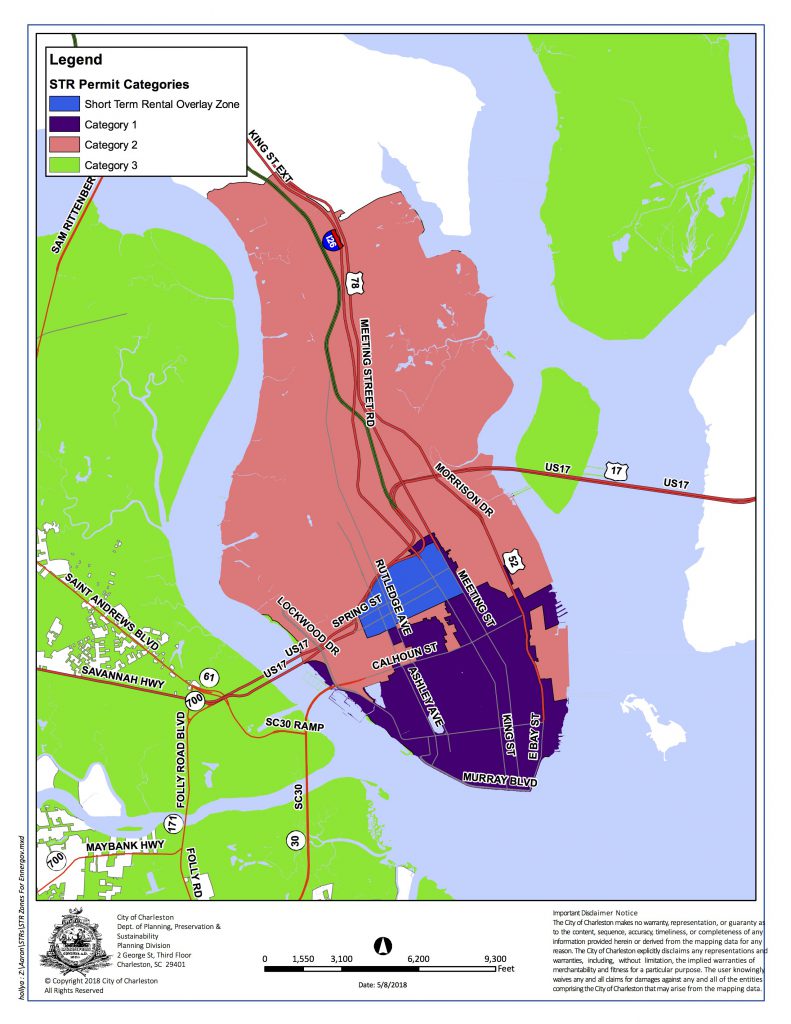
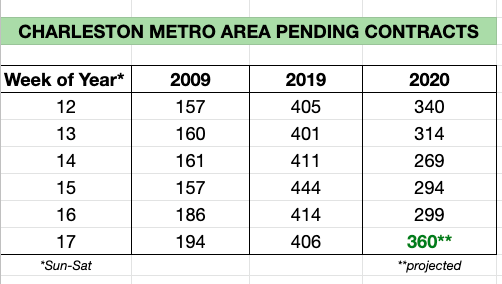
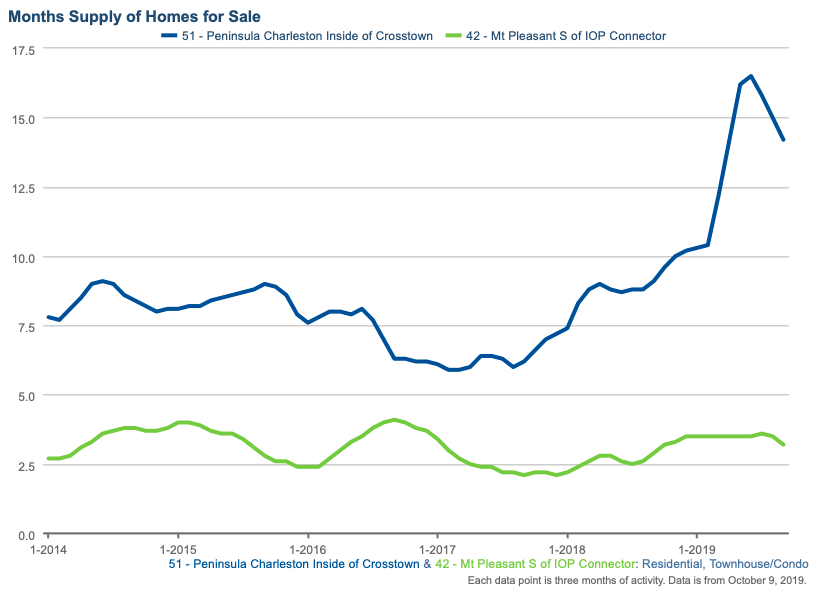
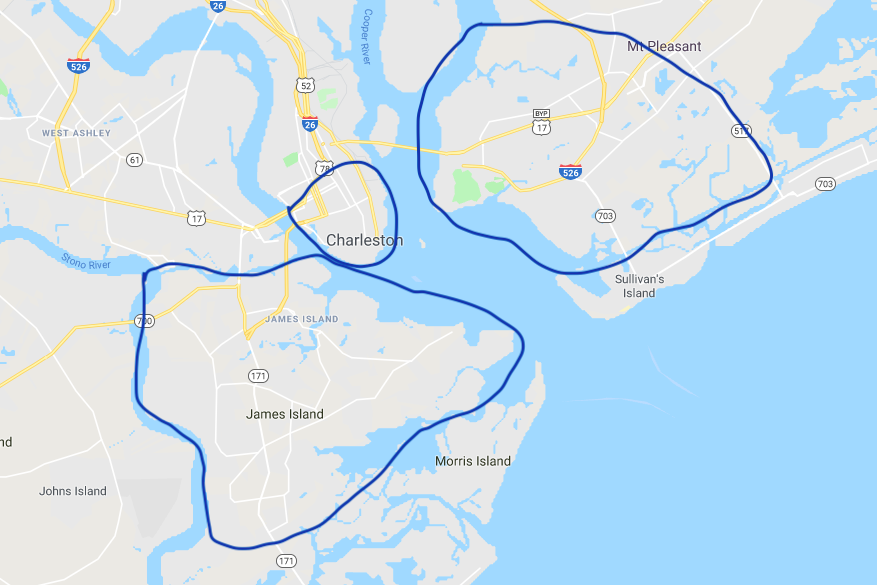
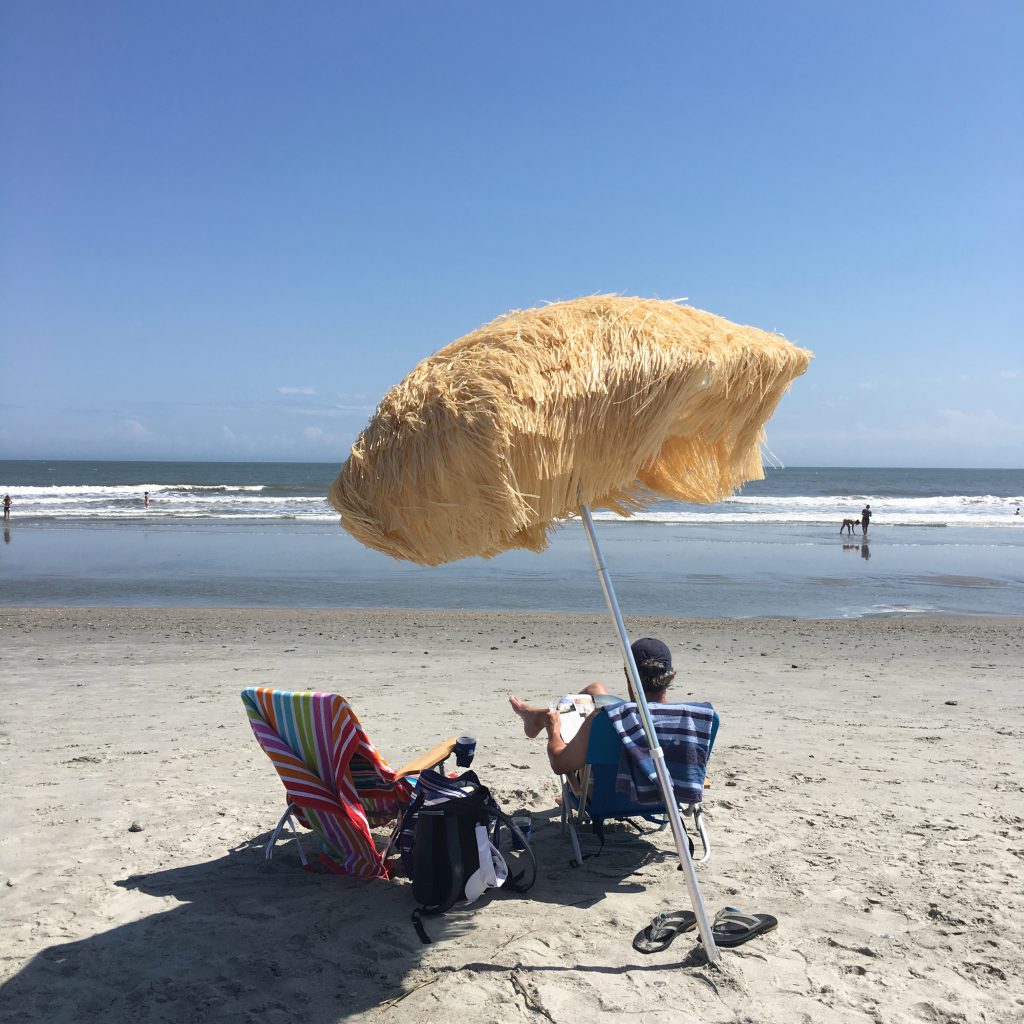



[…] you have arrived at this post after July 10, 2018 – all the rules have changed!! Go to my latest post on this topic to educate […]